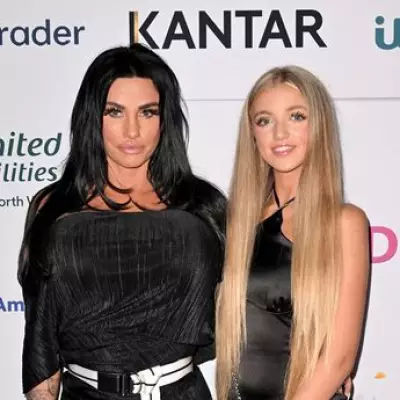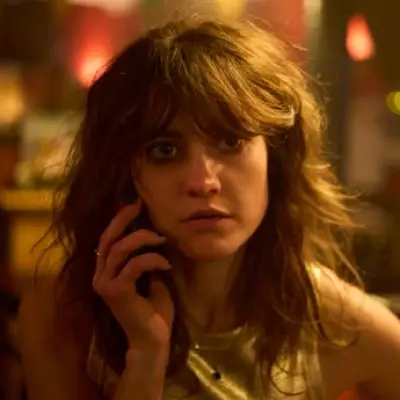
The magical world of Oz returns with a triumphant and emotionally charged conclusion in Wicked: For Good, the highly anticipated second instalment of the musical prequel. Director Jon M Chu has accomplished a remarkable feat, delivering a film that retains the vibrant, rainbow-coloured dreamscape and show-stopping musical numbers from part one while sharpening its focus on the core characters' explosive romantic entanglements.
A Superstar Performance Leads a Fine Cast
At the heart of this cinematic spectacle is a career-defining performance from Cynthia Erivo as the misunderstood Elphaba. Erivo brings a formidable, black-belt screen presence to the role, masterfully revealing new layers of vulnerability and maturity as the narrative progresses. Her portrayal is so commanding that she is rightly described as the superstar among equals.
The fine cast surrounding her is equally compelling. Jeff Goldblum excels as the Wizard, transforming into what can only be described as the Darth Vader of Oz—a slippery carnival huckster whose seedy charm is visibly corroding his soul. Jonathan Bailey brings a more serious and passionate depth to Prince Fiyero, while Ariana Grande remains delicate and doll-like as Glinda, though with fewer comedic opportunities this time around.
The supporting cast sees the return of Marissa Bode as Nessarose, Elphaba's wheelchair-using half-sister, and Ethan Slater as Boq, the Munchkin in her service. In a role that adds stately sweetness, Michelle Yeoh appears as Madame Morrible, the Wizard's private secretary.
Navigating the Prequel's Tricky Final Act
The film faced the significant challenge of dovetailing its prequel narrative with the established events of the original The Wizard of Oz film. It tackles this with tremendous tragicomic brio. If Elphaba's perceived wickedness is merely a patriarchal society demonising her difference, how does the film handle her final embrace of outright villainy? And if Glinda repudiates her, does it come across as heartless? Wicked: For Good manages these complex questions with skill.
The plot is driven by two interlocking love triangles: one involving Glinda, Elphaba, and the Wizard, and the other centring on Glinda, Elphaba, and the handsome Prince Fiyero, with whom both witches are secretly in love—and possibly have feelings for each other.
A slightly odder narrative choice is the tangential appearance of Dorothy herself, who is carried into Oz in her Kansas house by a whirlwind, an event that kickstarts the final act. Her three future companions—the Cowardly Lion, the Tin Man, and the Scarecrow—all receive brief origin-myth backstories, reminiscent of villain reveals in the Marvel or DC universes. However, the Scarecrow's backstory feels muddled and deferred, leaving it unclear why he lacks a brain in the same way the others lack courage and a heart.
A Moving and Explosive Conclusion
Despite these minor tangles, which echo the bewildering nature of the original film, the emotional core of the story remains powerful. The moment when Prince Fiyero must convince Elphaba of what the audience has always known—that she is beautiful—is genuinely moving, a testament to Erivo's profound performance.
Wicked: For Good is a zingily scored, explosively emotional conclusion to the hit origin story. It proves that Jon M Chu has pulled off his trick, delivering a manageably proportioned second half that satisfies both the heart and the imagination.
The film is set for release on 20 November in Australia, and on 21 November in the UK and the US.






